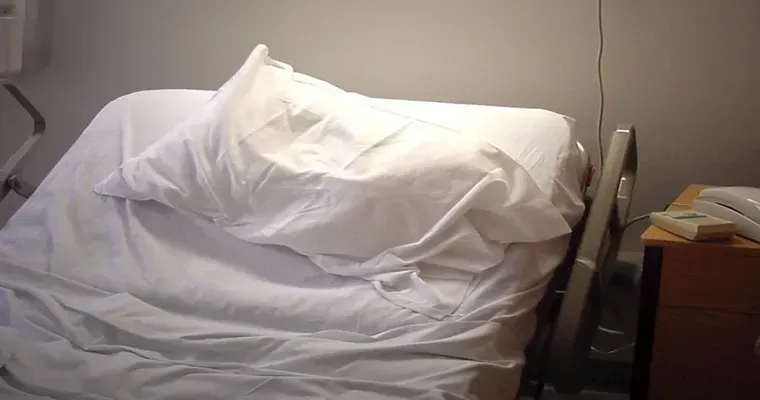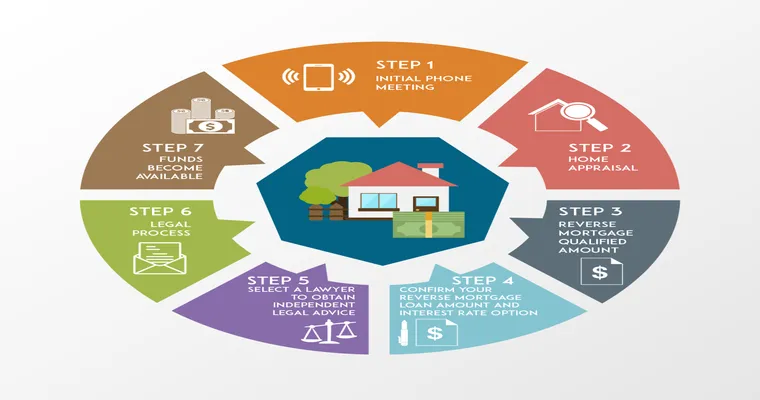Understanding how "reverse mortgages" impact "Medicaid" eligibility is crucial for seniors considering their financial options for retirement. A reverse mortgage allows homeowners aged 62 and older to convert part of their home equity into cash without having to sell their home. While this financial tool can provide much-needed funds for living expenses, it can also complicate matters concerning Medicaid benefits and eligibility.
One of the primary concerns with reverse mortgages is how the funds are treated concerning "Medicaid's asset limits". Medicaid is a government program that provides health coverage to low-income individuals, including many seniors. To qualify for Medicaid, applicants must meet specific income and asset criteria. When a senior takes out a reverse mortgage, the cash received can impact their financial situation, possibly pushing them over the asset limit.
It is essential to understand that the "proceeds from a reverse mortgage" are typically considered income, but they do not count as assets as long as they are spent down within the month they are received. This means that if you receive a lump sum from a reverse mortgage, you must use that money wisely to avoid jeopardizing your Medicaid eligibility. Common uses include paying off existing debts, covering medical expenses, or making necessary home repairs.
Furthermore, the home itself is generally exempt from Medicaid asset calculations as long as the individual or their spouse resides in it. However, if the home is sold or the senior moves into a nursing facility, the proceeds from the reverse mortgage may be counted as part of the individual's assets, potentially affecting their eligibility for Medicaid.
Another critical aspect to consider is the repayment of the reverse mortgage. When the homeowner passes away or moves out, the loan must be repaid, usually through the sale of the home. If the home’s value is insufficient to cover the loan, it can lead to complications in estate planning and affect how assets are distributed to heirs. This situation can be particularly concerning for families who are counting on leaving an inheritance.
To navigate these complexities, it is advisable for seniors to consult with a financial advisor or an elder law attorney before pursuing a reverse mortgage. They can provide personalized guidance on how reverse mortgages work, their implications for Medicaid, and alternative financing options that may be more beneficial in the long run.
In conclusion, while reverse mortgages can offer financial relief for seniors, they can also significantly affect Medicaid eligibility and planning. Understanding the interaction between reverse mortgages and Medicaid is vital for making informed decisions that align with both immediate financial needs and long-term healthcare considerations. By being proactive and seeking professional advice, seniors can better manage their resources and protect their access to essential healthcare services.





